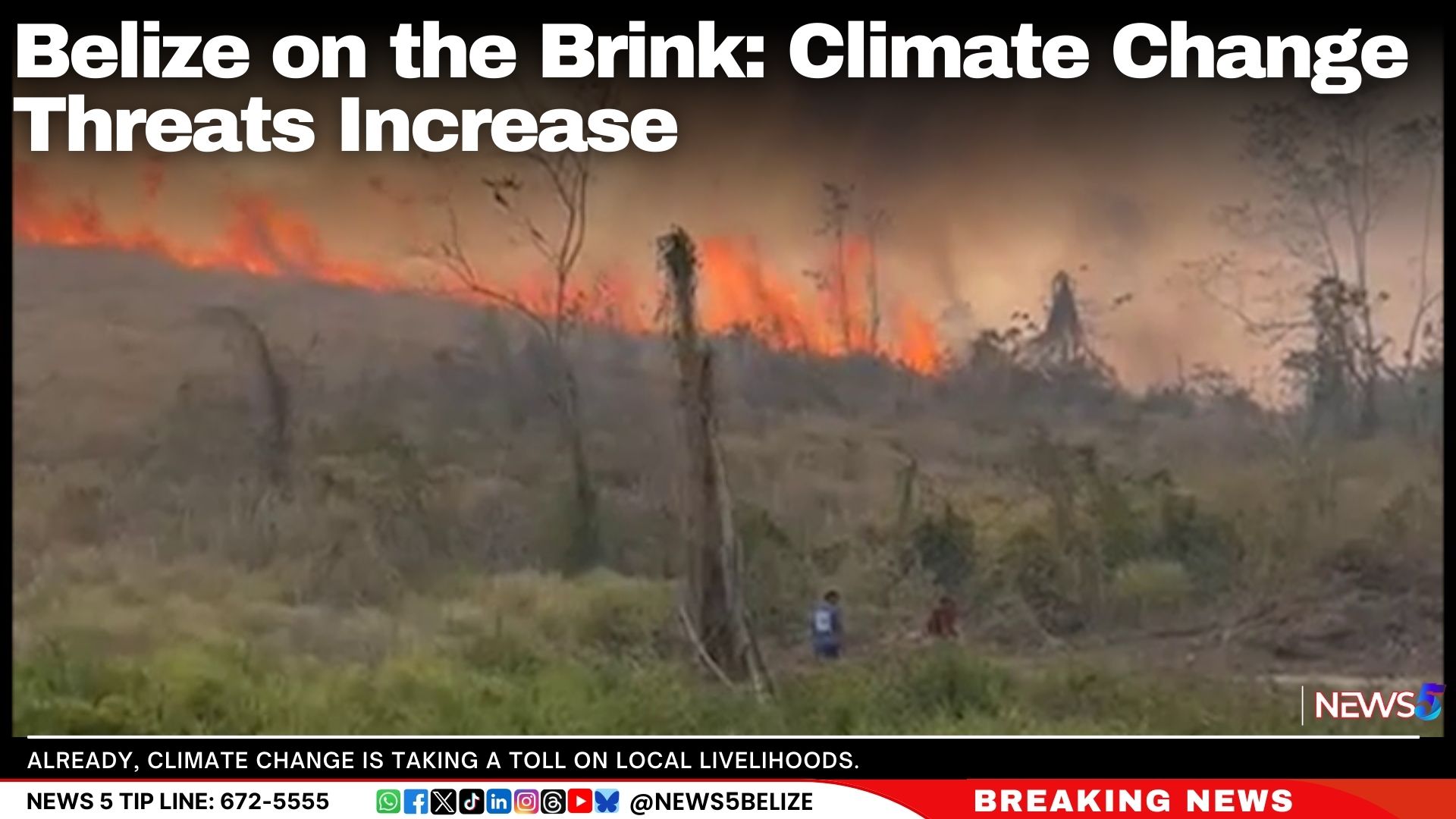A new Climate Risk Profile for Belize by the International Institute for Sustainable Development (IISD) warns of worsening impacts from climate change and underscores the urgent need for gender-responsive and socially inclusive adaptation strategies. The report focuses on observed and projected climate shifts, as well as their impacts on both communities and ecosystems, with a specific lens on key protected areas: the Maya Forest Corridor, Glover’s Reef Marine Reserve, and South Water Caye Marine Reserve.
Belize, with its flat terrain, extensive coastline, and more than 1,060 small islands, is highly vulnerable to climate hazards—including sea level rise and increasingly intense hurricanes. These threats endanger the country’s environmental health and economic stability.
Already, climate change is taking a toll on local livelihoods. The report notes a direct link between climate stressors and biodiversity loss, which in turn reduces the availability of marine and agricultural resources. This contributes to growing food insecurity and disrupts traditional and cultural practices.
In response, Belize has been proactive in crafting climate policy frameworks, including the National Climate Change Policy, Strategy and Master Plan (2021) and the National Climate Finance Strategy (2021–2026). National adaptation plans are also underway.
The report—part of the Climate Adaptation and Protected Areas Initiative—highlights the importance of nature-based solutions (NbS) in addressing climate risks. These solutions are rooted in ecosystem restoration and conservation, such as mangrove protection, coral reef restoration, and sustainable land-use practices.
Crucially, the report emphasises that any adaptation measures must be gender-responsive and socially inclusive to ensure they meet the needs of the most vulnerable populations.
The Climate Risk Profile was developed through a combination of desk-based research and participatory engagement with communities in the areas assessed. It provides a roadmap for how Belize can strengthen climate resilience while preserving its rich biodiversity and cultural heritage.
